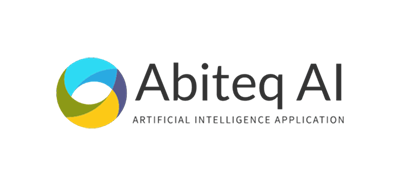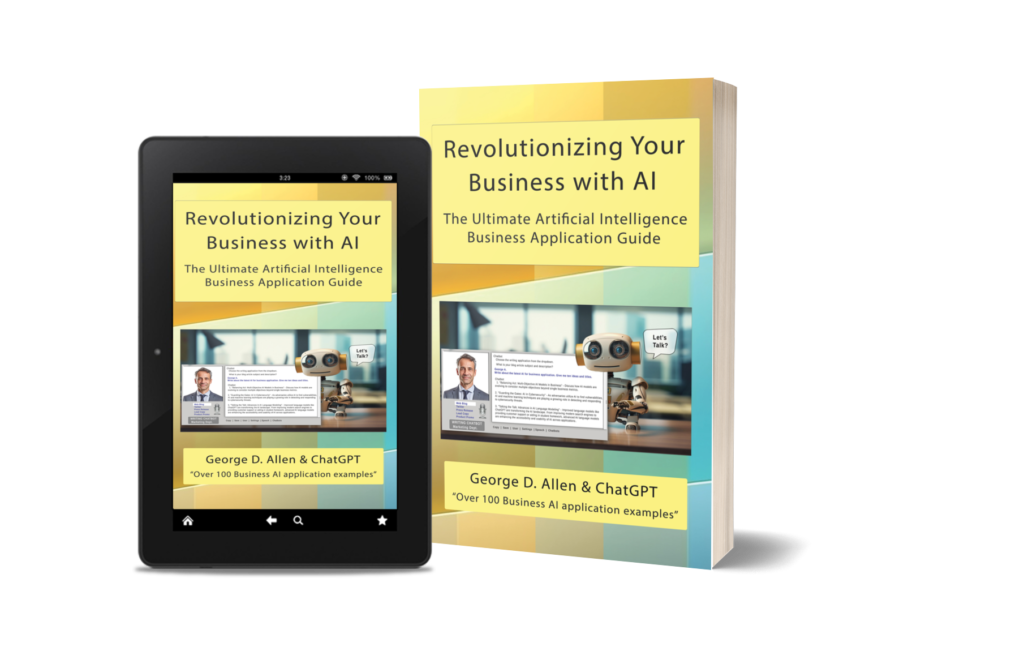(Or When to Use AI and When Not to Use AI)
- Coauthored by OpenAI ChatGPT
Chatbot technology is quickly becoming a popular tool for businesses to provide customer service and automate mundane tasks. Chatbots, such as OpenAI’s ChatGPT, are designed to provide an automated response to customer inquiries, making it easier to answer common questions and provide basic customer service.
When it comes to deciding when to use ChatGPT, there are several factors to consider. Chatbots can be used for customer service, marketing and sales, or customer intelligence.

For customer service, ChatGPT can be used to answer common customer questions and provide general information. This chatbot has a very natural and friendly tone in its delivery that can lend itself to a much more human-sounding companion. It likely can be prompted, or trained, in such a way as to be very effective, and even flexible, in its attempts at helping customers.
For marketing and sales, ChatGPT can be used to provide a variety of document and content assistance to make staff more productive while increasing the total content available exponentially. Imagine creating a new blog article, or presentation draft, in seconds! And Google will love the attention to keywords to help increase search presence. Better, and more, content as well as communications will help to increase sales.
Finally, for customer intelligence, ChatGPT can be used to collect customer data and gain insights into customer behaviors and preferences. ChatGPT can gather comments and questions to be evaluated for positive or negative tone, and many other data related findings to help you better measure and respond to your audience.
However, ChatGPT may not be the best choice for all customer service or marketing tasks. For example, ChatGPT may not be the best choice for complex customer inquiries or for customer service that requires an in-depth understanding of customer needs. Additionally, ChatGPT may not be the right tool for sales tasks that require a human touch.
At this time, ChatGPT does not recognize the internet directly, nor was it trained on any information past 2021. This means that any direct lookups may not return accurate, or meaningful answers. And speaking of accurate, ChatGPT uses a language algorithm that put simply, combines words into sentences based on their similarity to the question. And since we do not know everything the chatbot was trained on, we cannot be sure it won’t give false answers in a very confidant sounding presentation.
So why would you use it at all? Because it is most often not only correct, but concise, well spoken, and very convenient.
Overall, ChatGPT is a valuable tool for businesses who want to automate customer service and marketing tasks. However, it is important to consider the task at hand when deciding whether or not to use ChatGPT. By carefully evaluating those tasks that benefit from being automated, businesses can ensure that they are using the right tool for the job.
ChatGPT will continue learning in general, and will eventually get access to the internet for more direct lookups and maybe fact-checking. Keep this valuable tool in mind.

